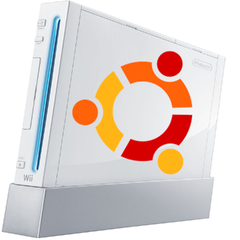-
Featured Topics
-
Topics
-
WindirBear ·
Posted in Networking0 -
5
-
7
-
3
-
Biffonick ·
Posted in New Builds and Planning3 -
jtrussell22 ·
Posted in Programs, Apps and Websites8 -
3
-
3
-
Wiibuntu ·
Posted in Linux, macOS and Everything Not-Windows20 -
0
-


.png.255947720031a641abdac78e663b681c.png)








.thumb.jpg.ab6821c090888206ddcf98bb04736c47.jpg)







Create an account or sign in to comment
You need to be a member in order to leave a comment
Create an account
Sign up for a new account in our community. It's easy!
Register a new accountSign in
Already have an account? Sign in here.
Sign In Now